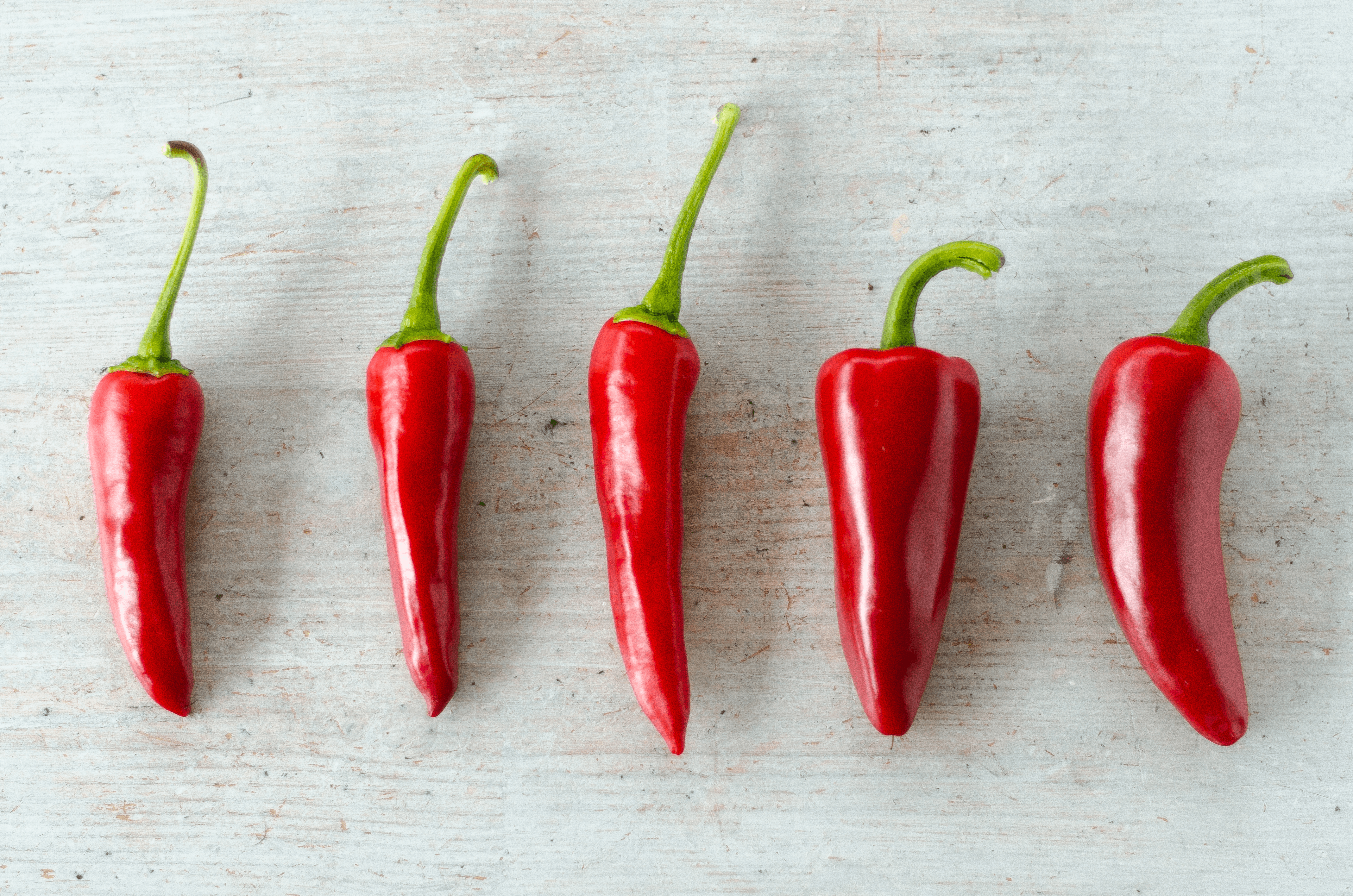Many of us love spicy foods and associate them with our favorite regional cuisines. However, it may be surprising to know that although chili peppers emerged 100,000 years ago in the Amazon rainforest of Brazil, it wasn’t until Columbus embarked on his journey around the world that chili peppers began to emerge in African, European, or Asian cuisines.
Image Source: Eric Lafforgue/Art in All of Us
The consumption of chili peppers often causes burning sensations and profuse sweating, leading people to believe that their stomachs or mouths are actually heating up. However, a compound found in chili peppers, capsaicin, is ultimately responsible for the release of a Substance P that causes such a sensation. There are common fears that the overconsumption of chili peppers can cause ulcers or tissue inflammation. In fact, during a chili pepper eating contest in Scotland, contestants collapsed from the consumption of extremely spicy peppers, and ambulances had to be called to the event. Now, before you decide to cut out all spicy food from your life in fear of the consequences, you may be interested to learn that a recently conducted study on the consumption of spicy food has shown that “spicy” may actually be the secret behind life longevity.
Image Source: VCG
Researchers in China wanted to explore the relationship between the long term consumption of spicy food and the number and causes of mortality in the population examined. They looked at health data of individuals from ten different geographic regions of China. These individuals were asked to fill out a questionnaire about their spicy food consumption as well as information on health, family, amount of exercise, and lifestyle. The researchers tracked the life span of each participant through the death registry, and after statistical analysis, they discovered an inverse association between spicy food consumption and mortality (due to general and specific causes). In particular, those who consumed spicy food daily compared to those who consumed it less than once a week had a 14% lower risk of death.
Does this mean you should start spicing up your life? Not necessarily. While some studies suggest that the capsaicin in peppers may help relieve pain and treat prostate cancer, more research needs to be done to provide convincing and direct evidence for these correlations. For now, your personal tolerance for spice should decide how many peppers you consume.
Feature Image Source: erik foresberg










